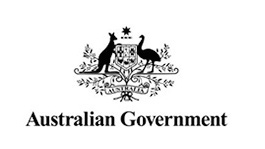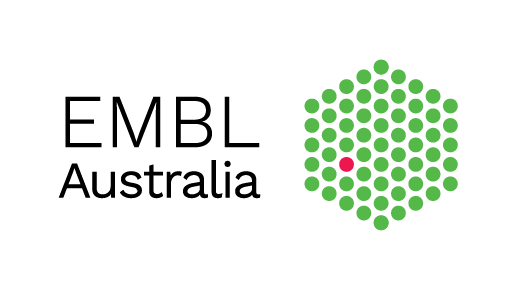'Structural Virology at UNSW: What we are doing and new resources to share'

SoMS Neuroscience & Non-Communicable Disease Seminar Series
David will run a tour of the new structural biology facilities at UNSW prior to his talk – please come along to see how this can benefit your work. Meet at 3pm at Wallace Wurth Level 3 West
Abstract
In the history of HIV research, the capsid has been somewhat understudied. Paradoxically, it was often considered both too simple (just a shell) and at the same time too complicated (too unstable with too many effects on infection). It was also not as obvious a drug target as the viral enzymes. We now know that the capsid is central to the orchestration of infection and involved in multiple processes including genome protection, control of reverse transcription, regulation of intracellular transport, nuclear invasion, and integration site selection. We also know that it achieves these functions by acting as a platform for the recruitment of host proteins, and that some of these sites are ‘druggable’. In order to fully understand the capsid it has been necessary to combine methodologies across disciplines. I will describe what we have learned in recent years about the function of the HIV capsid along with the new research infrastructure we have built at UNSW which is already available to researchers interested in recombinant protein production, protein structure determination, and structure-based drug design.
Bio
David leads the Structural Virology Group at the EMBL Australia Node for Single Molecule Science. Having completed a Bachelor of Science, majoring in biochemistry and chemistry, David undertook his PhD under the supervision of Professors Jill Trewhella and Mitchell Guss at the University of Sydney. During that time, David employed both crystallography and small-angle scattering to understand protein structure. He also authored the internationally accepted standards by which biological small-angle scattering data are now reported in publications. In 2012, the award of an NHMRC Early Career Fellowship enabled him to join the group of Leo James at the MRC Laboratory of Molecular Biology, Cambridge. Here, he studied the role played by the HIV capsid during the early stage of infection, revealing structural dynamics and interactions with the host at a molecular level not previously seen. Since returning to Australia, David has teamed up with Till Böcking to co-lead a research team focused on understanding the molecular details of host-pathogen interactions through crystallographic, single molecule fluorescence, and cryo-electron microscopy methods. He has also been involved in establishing a new node of the Mark Wainwright Analytical Centre dedicated to recombinant protein production, purification, biophysical characterisation and X-ray crystallography.
All welcome. Lab tour at 3pm, drinks and nibbles from 3:30pm, seminar at 4pm.
Enquiries: Lindsay Wu lindsay.wu@unsw.edu.au, Vita Birzniece v.birzniece@unsw.edu.au, David Jacques d.jacques@unsw.edu.au


